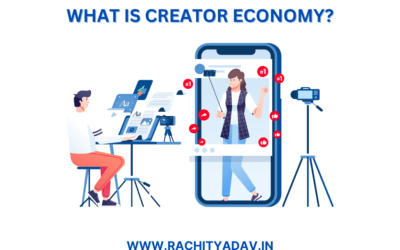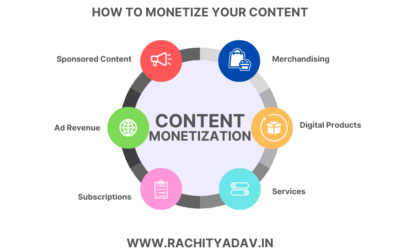The Creator Economy is a rapidly growing sector of the global economy that focuses on enabling and empowering...
content monetization
How To Monetize Your Content
Monetize Your Content: Monetizing content has become increasingly important for content creators in the digital age....
Attention All Creatives!
 Are you ready to turn your passion into a profitable venture? Introducing “Creative to Creativepreneur: The Ultimate Guide to Monetizing Your Skills and Talents”. This comprehensive guide will show you how to turn your creative ideas into a thriving business.
Are you ready to turn your passion into a profitable venture? Introducing “Creative to Creativepreneur: The Ultimate Guide to Monetizing Your Skills and Talents”. This comprehensive guide will show you how to turn your creative ideas into a thriving business.




